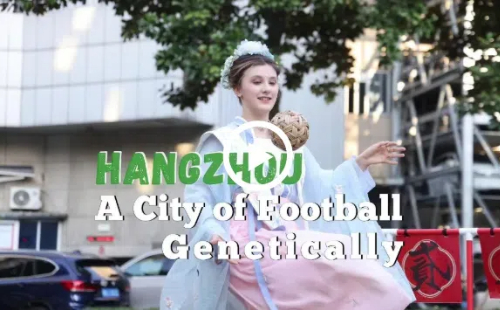Ministry may ease marriage requirements
An initiative to simplify the marriage registration process has sparked public concerns about identity theft and bigamy, but others view it as a positive step toward promoting marriage freedom.
According to draft revisions to the Marriage Registration Regulation released by the Ministry of Civil Affairs on Tuesday for public feedback, couples applying for marriage certificates will no longer need to submit their hukou, or household registration documents. Instead, they will only be required to present their ID cards and sign declarations confirming they are not currently married or closely related. The deadline for public feedback is Sept 11.
The proposed removal of the hukou — which contains detailed information such as marital status and family composition — as a mandatory document for obtaining marriage certificates has raised concerns among internet users about the potential for identity theft and bigamy.
The draft emphasizes that authorities will enhance data sharing among the ministries of foreign affairs and public security to ensure that marriage data is "updated in a timely manner and is accurate, complete and secure". However, some members of the public expressed concerns.
"Without checking hukou, how can I verify my fiance's marital and parental status?" one user on the Sina Weibo micro-blogging platform asked. Another user expressed concerns about people losing their ID cards and unknowingly being listed as married fraudulently.
Meanwhile, some internet users praised the move for promoting marriage freedom. They said that some parents have refused to provide their children with the family household registration booklet because they disapproved of the prospective spouse.
As of Thursday, the hashtag "Marriage registration no longer requires hukou" was one of the most-searched topics on Sina Weibo, garnering over 500 million views and nearly 280,000 comments.
Legal experts argue that the printed hukou is an unreliable proof of marriage eligibility, and a nationwide network of marriage data, completed recently, has made it nearly impossible to lie about marital status.
Yang Baoquan, a senior partner at Zhongyin Law Firm in Beijing, said the household registration booklet cannot completely prevent situations like bigamy because if someone gets married but fails to update their marital status promptly, their hukou may still show them as unmarried.
"In contrast, the ID number serves as a unique identifier for an individual and contains basic personal information," Yang said.
China established a nationwide network of marriage registration data in June, allowing for online verification of marriage status. Yang said it can effectively deter bigamy and marriage fraud.
Many internet users see the revision as an effort by authorities to streamline marriage registration processes and address the declining marriage rate.
The draft has also proposed removing a clause from the previous law that required marriages to be processed at the location of the couple's household registration.
Regarding divorce procedures, the draft introduces a 30-day cooling-off period, aligning with provisions in the Civil Code that took effect in 2021. During that period, either party can retract the divorce application, halting the process, according to the draft.
Data released by the Ministry of Civil Affairs this month revealed that only 3.43 million couples married in the first half of this year, down 12.7 percent year-on-year and a record low.
Official figures indicate that new marriage registrations have been declining nationwide since peaking at 13.47 million in 2013, falling below 10 million in 2019 and decreasing by approximately 1 million a year since, reaching just 6.83 million in 2022.
However, there was a slight increase in new marriages registered in China last year after nine consecutive years of decline. Observers attribute the uptick to various factors, including the end of the COVID-19 pandemic and a cultural preference for marrying in auspicious years.
lilei@chinadaily.com.cn





 play
play